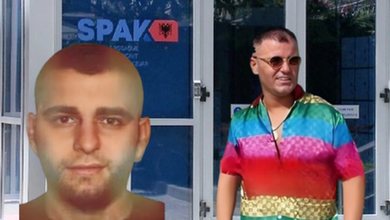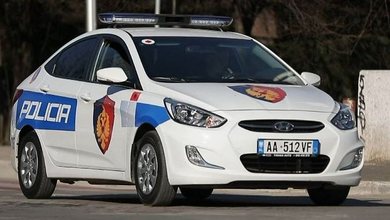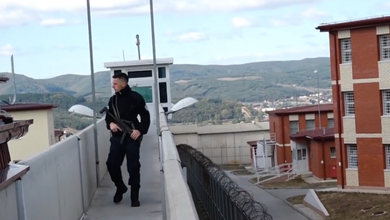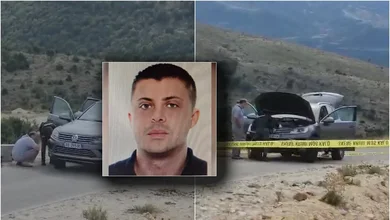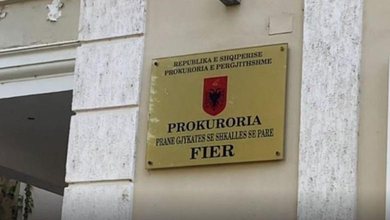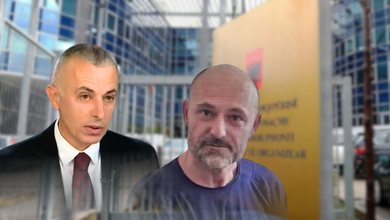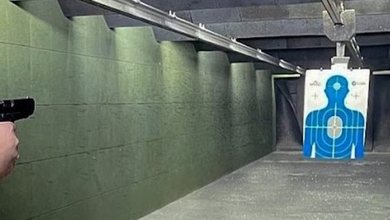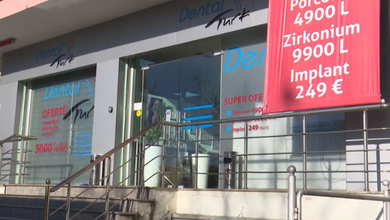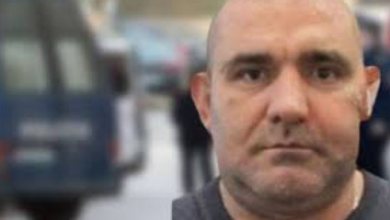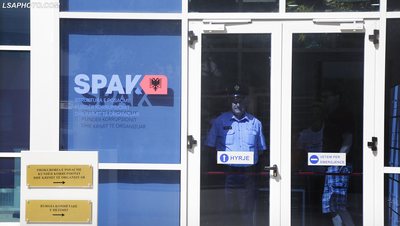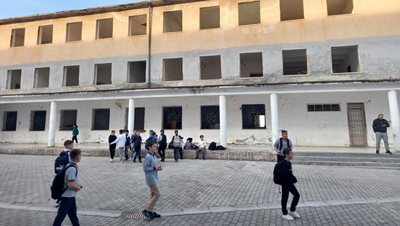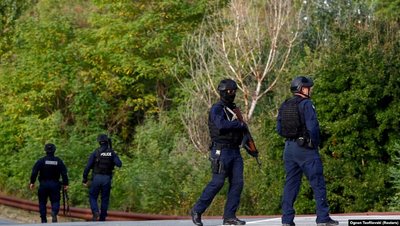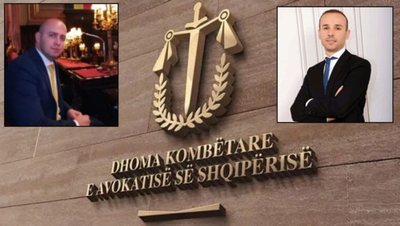
The gym and tattoos were his passions, as were evenings out with friends on weekends. Hekuran Cumani, 23 since July, was what is often mistakenly called a "second-generation Italian", born in Italy to Albanian parents, with whom he still lived in Fabriano, in the Marche region. "A good guy who didn't look for trouble", all his friends repeated to the criminal police investigators who questioned him these hours.
He was not one of the students at the University of Perugia, where he died at four in the morning due to a massive hemorrhage caused by a stab wound between the neck and throat. He had arrived at the 100Dieci pub late in the evening, after a night out with friends in the nightlife of Perugia. During the summer he worked in the family restaurant in Senigallia, while in the winter he did temporary work.
His social media profiles often show him with photos showing off his unfit body and the many tattoos covering various parts of his body. He often came to Perugia in the evenings during the weekend with his cousin and a group of friends, but he had never been involved in any problems. His criminal record was clean.
How painful it is to read so often, too often, about the violent deaths of these young people. And the drama of their parents and friends. It creates the feeling that the younger generations have great difficulties in managing anger, that this savaged world, this violent use of words in public discourse, has created a reality where violence has become the only means of confronting the other.


